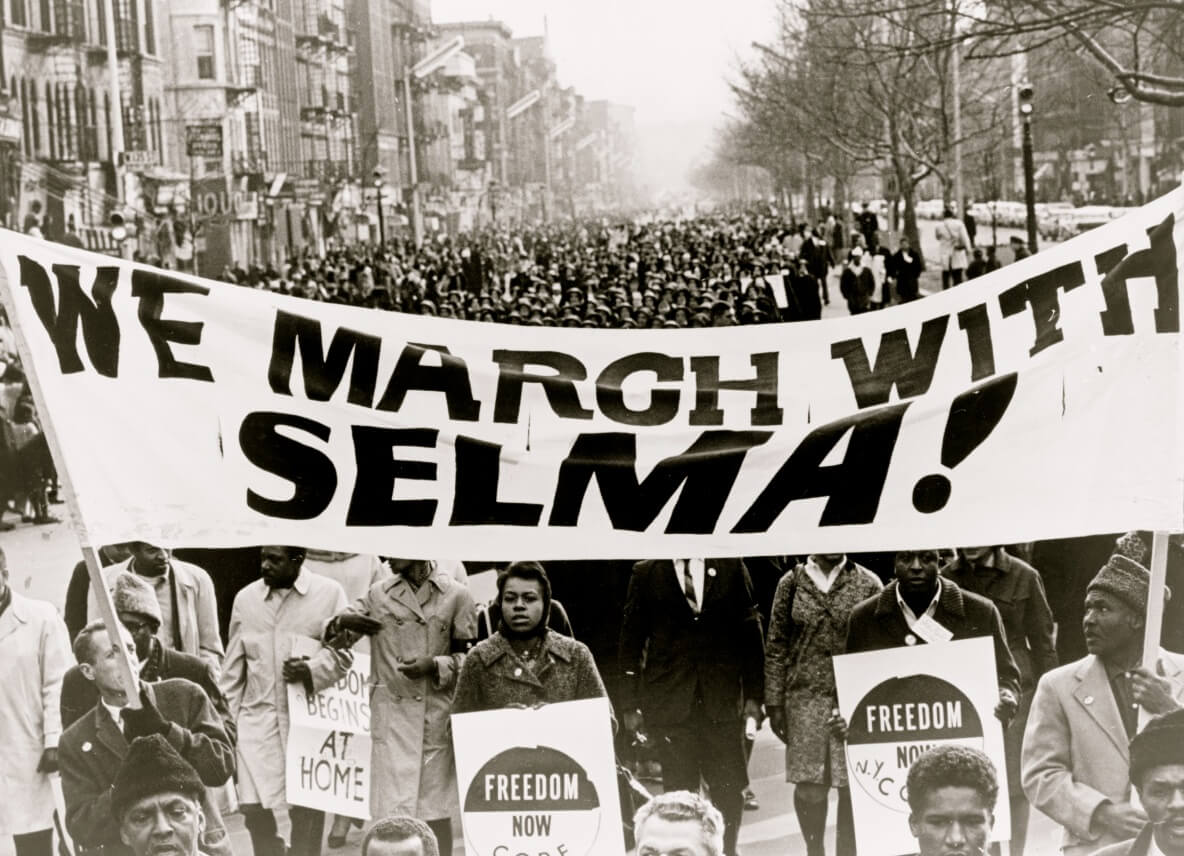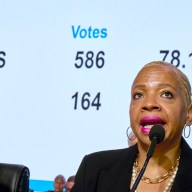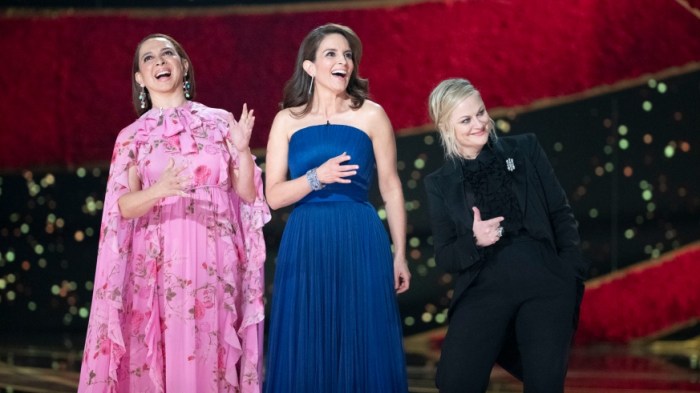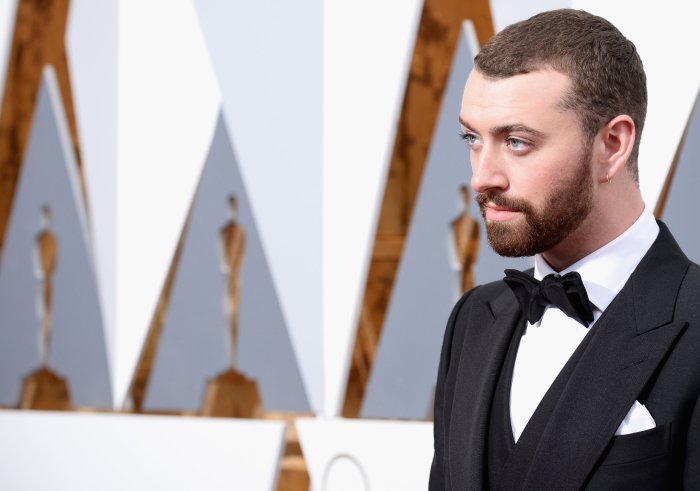The big takeaway from the Oscar nominations isn’t what was nominated but what wasn’t nominated. “Selma” seemed like a no-brainer Academy Awards shoe-in: the first Hollywood film about Martin Luther King Jr. (played by David Oyelowo), directed not by a white man but by a black woman (Ava DuVernay), released into the world amidst race-related marches and protests not too dissimilar from the ones recreated in the film. To paraphrase (with censoring) William Hurt in “A History of Violence,” how do you screw THAT up? And yet “Selma” wound up with a mere two nominations, one for Best Song (for a tune, by John Legend and Common, that won a Golden Globe Sunday) and a token one for Best Picture. “Token Best Picture nomination” is a strange-sounding term, but that’s how it goes when there are now eight Best Picture nominees. Would “Selma” have even gotten that in the age of five nominees? Also snubbed were DuVernay, whose win would have been the kind of story Oscar voters (and journos, and readers) love, and Oyelowo (ditto). But hey, AMAPS feted “12 Years a Slave” last year, so maybe they think they can take a year off from caring about race? Also ignored was Ralph Fiennes’ alert, hilarious turn in Wes Anderson’s “The Grand Budapest Hotel,” which nonetheless received nine nominations — the most of any single film. (In second came “Birdman,” with eight.) Jake Gyllenhall too was MIA for his electric turn as a sociopathic freelance journalist in “Nightcrawler.” And after a baldly transparent Oscar campaign for her tiny film “Cake,” Jennifer Aniston — who gained weight for the film — was not among the Best Actress nominees. Upsets also happened in the Best Animated Feature category — where one of the year’s biggest and most inventive hits, “The Lego Movie,” was nowhere to be found — and Best Documentary Feature. In the latter, the major upset was the omission of the Roger Ebert documentary “Life Itself,” to say nothing of films like Frederick Wiseman’s “National Gallery.” In brighter news, Marion Cotillard received a surprise nomination for the Belgian drama “Two Days, One Night” — a surprise only because it’s a small film that definitely deserves any and all accolades. The Polish film “Ida” joined the Russian tragedy “Leviathan,” both excellent, among nominees for Best Foreign Language Film. And despite being largely ignored by the Golden Globes, Clint Eastwood’s quietly non-jingoistic “American Sniper” walked off with six nominations, including Picture and Actor, for Bradley Cooper. Perhaps the best news, after “The Grand Budapest Hotel”’s many noms, is “Boyhood” and its six nominations, including Picture, Director (for Richard Linklater), and Supporting Actress (Patricia Arquette) and Actor (Ethan Hawke). Filmed piecemeal over 12 years, “Boyhood” won the Golden Globe for Best Picture (Drama) and seems to be the frontrunner for the biggest trophy. Also continuing their awards season dominance were “Birdman,” “The Imitation Game” and “The Theory of Everything,” which cleaned up in the acting categories. And if anyone cares, “Interstellar” received two separate sound nominations, despite complaints that at times few could even make out what the hell the actors were saying. The ceremony airs on Sunday, February 22.
What the Oscar nominations got wrong (and got right)

Paramount Pictures
Follow Matt Prigge on Twitter @mattprigge


















